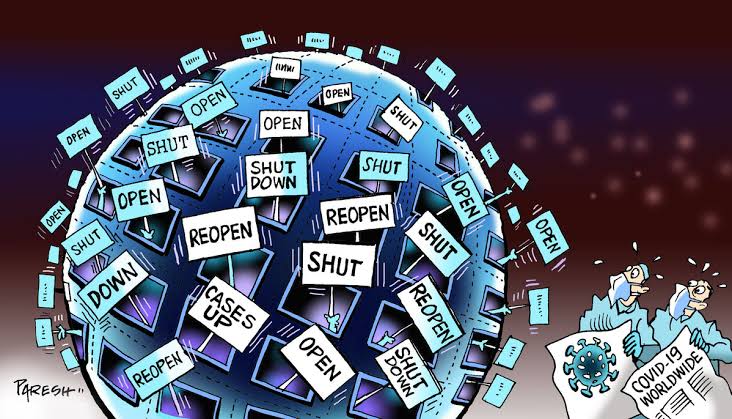28 October 2024
Investing Under Global Turmoil
Market Commentary
0 comments

The exchange rate of the rupiah against the US dollar weakened to 15,635 from below 15,100 at the end of September. In response to selling pressure on the rupiah, Bank Indonesia intervened in the spot market and domestic non-deliverable forwards market.
Recent weakening of the rupiah marks the largest decline since October 7, 2024, when Bank Indonesia also intervened to support the currency. Since early October 2024, the rupiah’s exchange rate against the US dollar has depreciated by 2.33%.
.jpeg)
We believe aside from the surging geopolitical tension which drove the oil price higher, expectations of a more moderate rate cut by the BI contributes significant role as well.
On Monday October 21st, Kansas City Federal Reserve Bank President Jeffrey Schmid stated that he favors a slower pace of rate cuts, given the uncertainty about the extent to which the Fed needs to reduce rates. However, according to the CME FedWatch Tool, the market expectations of a 50-basis-point rate cut by the Fed on November FOMC meeting remains high at 95.1%.
.jpeg)
Another variable that helps depreciate the Rupiah in our view is the outflows of foreign investors. This was reflected in Indonesian government bonds, with the yield on 10-year SBN rose above 6.8% on October 23rd. It is worth noting, however, that this weakening is also observed in other emerging markets. The exchange rates of the Malaysian ringgit and the Philippine peso also depreciated.
(2).jpeg)
Considering the risk elaborated above, we believe it's worth considerting to go long on ENRG, TPMA, ITMG, MEDC and other energy-related as welll as dollar earner stocks with the following reasons: 1)Protection Against Rupiah Depreciation: When the rupiah weakens, companies that generate revenue in US dollars benefit because their earnings convert back to rupiah at a higher rate; 2)higher Oil Prices Boosting Energy Stocks: If oil prices surge, energy companies often see increased revenue from higher sales prices, particularly if they are involved in oil production, refining, or exports. Given that oil is traded in US dollars, a price surge could directly benefit these companies' bottom lines, especially those in exporting or global energy services.
Recent weakening of the rupiah marks the largest decline since October 7, 2024, when Bank Indonesia also intervened to support the currency. Since early October 2024, the rupiah’s exchange rate against the US dollar has depreciated by 2.33%.
.jpeg)
We believe aside from the surging geopolitical tension which drove the oil price higher, expectations of a more moderate rate cut by the BI contributes significant role as well.
On Monday October 21st, Kansas City Federal Reserve Bank President Jeffrey Schmid stated that he favors a slower pace of rate cuts, given the uncertainty about the extent to which the Fed needs to reduce rates. However, according to the CME FedWatch Tool, the market expectations of a 50-basis-point rate cut by the Fed on November FOMC meeting remains high at 95.1%.
.jpeg)
Another variable that helps depreciate the Rupiah in our view is the outflows of foreign investors. This was reflected in Indonesian government bonds, with the yield on 10-year SBN rose above 6.8% on October 23rd. It is worth noting, however, that this weakening is also observed in other emerging markets. The exchange rates of the Malaysian ringgit and the Philippine peso also depreciated.
(2).jpeg)
Considering the risk elaborated above, we believe it's worth considerting to go long on ENRG, TPMA, ITMG, MEDC and other energy-related as welll as dollar earner stocks with the following reasons: 1)Protection Against Rupiah Depreciation: When the rupiah weakens, companies that generate revenue in US dollars benefit because their earnings convert back to rupiah at a higher rate; 2)higher Oil Prices Boosting Energy Stocks: If oil prices surge, energy companies often see increased revenue from higher sales prices, particularly if they are involved in oil production, refining, or exports. Given that oil is traded in US dollars, a price surge could directly benefit these companies' bottom lines, especially those in exporting or global energy services.
Written by Boris, the Broker
Comments